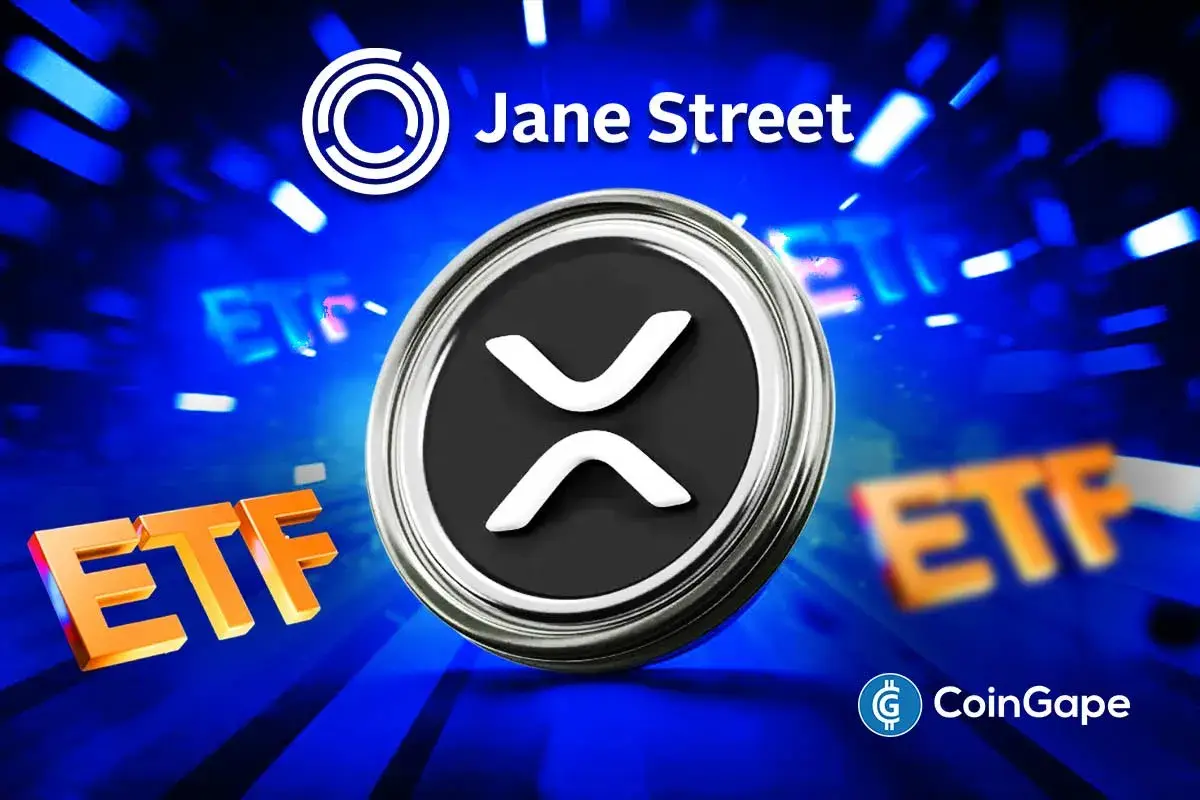Hong Kong’s HashKey Exchange: New Guidelines Officially in Place to Align with Travel Rule

Hong Kong’s HashKey exchange has officially integrated new rules to align with the Travel Rule from the start of this year.
The Hong Kong Travel Rule refers to a set of regulatory requirements for virtual asset service providers (VASPs), including crypto exchanges. This rule is in line with the international standards set by the Financial Action Task Force (FATF).
HashKey’s change comes as domestic exchanges have to focus on compliance in Hong Kong amid a series of legislative proposals.
HashKey changes rules for compliance
The change will significantly adjust the platform’s deposit and withdrawal processes, particularly in its interactions with third-party exchanges. HashKey initially planned to include 24 exchanges in this update, but has limited the integration to Binance as per the release last month.
Hong Kong's compliance exchange Hashkey has adjusted its rules and will officially integrate the Travel Rule from January 1, 2024. Currently, it only supports deposits and withdrawals from Binance. In December 2023, Hashkey announced a list covering 24 exchanges. But now it’s…
— Wu Blockchain (@WuBlockchain) January 6, 2024
Therefore, HashKey has only been supporting deposits of virtual assets from Binance Global since January 1. However, deposits from exchanges other than Binance will not be supported, although HashKey intends to gradually expand this list.
Withdrawal processes are also undergoing changes. This update maintains the current whitelisting process, but invalidates previously approved withdrawals to exchanges other than Binance. Importantly, addresses on Binance that were whitelisted earlier do not require revalidation.
HashKey Exchange emphasizes the importance of ensuring that all third-party exchange deposit and withdrawal arrangements are compliant with the new regulations after January 1, 2024.
Hong Kong makes series of legislative proposals
Simultaneously, Hong Kong is introducing a new regulation for stablecoins, which includes a mandatory licensing system.The Hong Kong Monetary Authority and the Financial Services and Treasury Bureau have jointly proposed the legislation to regulate the growing stablecoin market in the region. This initiative seeks to create a comprehensive regulatory framework.
The region is also making it easier for retail investors to engage in crypto ETFs. While there is a worldwide trend towards crypto spot ETFs, Hong Kong is welcoming this product but maintaining stringent regulatory and compliance standards.
Also Read: Hong Kong Unveils Ambitious Regulatory Framework For Stablecoins
- Breaking: U.S. CPI Inflation Falls To 4-Year Low Of 2.4%, Bitcoin Rises
- Bitget Launches Gracy AI For Market Insights Amid Crypto Platforms Push For AI Integration
- BlackRock Signals $257M Bitcoin and Ethereum Sell-Off Ahead of Partial U.S. Government Shutdown
- XRP News: Jane Street Emerges Among Key Institutions Driving XRP ETF Inflows
- Bhutan Gov. Dumps More Bitcoin Amid $410M Institutional Sell-Off in BTC ETFs
- Bitcoin Price Outlook As Gold And Silver Lose $3.6 Trillion in Market Value
- XRP and Ethereum Price Prediction as Trump Seeks to Lower Key Tariffs
- Solana Price Prediction as $2.6 Trillion Citi Expands Tokenized Products to SOL
- Bitcoin Price Could Fall to $50,000, Standard Chartered Says — Is a Crash Coming?
- Cardano Price Prediction Ahead of Midnight Mainnet Launch
- Pi Network Price Prediction as Mainnet Upgrade Deadline Nears on Feb 15


















